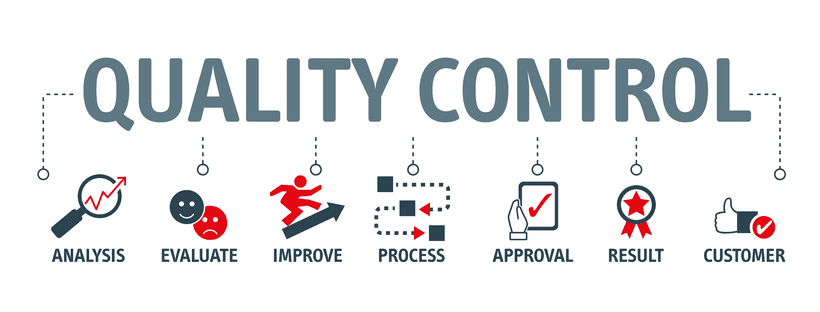We incorporate several buzz words in our daily vocabulary – many of which are found in this article by John Ferguson at TrustRadius. While the phrases “quality control” (QC) or “quality assurance ” (QA) aren’t on this list, I would argue to some it certainly has the same “in one ear, out the other” effect. However, there needs to be a resurgence of attention to these phrases. They have profound consequences if ignored.
Many contractors practice quality control/assurance policies with vigor and consistency. They stress it, study it, preach it and practice it. Others certainly don’t pay it much attention except when asked if they have a policy. I know because I’m the guy who often asks a client or prospective client if they have one. Usually, my follow-up question, “Where is it and how often is it revised?” lands flat. I’m an insurance broker and risk advisor, so my guidance within the next several paragraphs is intended to impress upon you how:
- The insurance world looks at these elements of your program, and
- How you can potentially save money by adopting and executing a program.
Let’s delve into a high-level overview of what they are and what you can do about putting one in place.
I was originally taught that the difference between quality control and assurance was this:
- Quality control was the detection of problems
- Quality assurance was the process or methods you created and/or followed to make sure to prevent the problems (including catching them before they become bigger)
Those are obviously really simplistic explanations, and I’m intentionally not expanding on these. Rather, my focus is on how to market the existence and execution of these programs to drive down insurance coverage costs.
We have polled insurance carriers on their primary construction underwriting considerations.
What we found is that there was a trend, and that trend was the following three things:
- What are the company’s operations (General Contractor, Electrician, Roofer, etc.)?
- What are the firm’s controls (think safety manager, manuals, training, investigation of claims, etc.)?
- What is the loss experience over the last five years?
In looking at those key considerations, highlighting a quality control/assurance program could go a long way. If you have a good one in place that is used regularly and has potentially caught issues before they evolved, we should spotlight those instances. This can be a good selling point for insurance carriers to fight over quoting your account with the best possible terms and pricing. Being a better risk means lower premiums.
What if you don’t have a current QA/QC program?
Now is the time to create one that will work for you and your team. Sometimes showing insurance agencies that you’re acknowledging areas where you need to grow can be very impactful. If you have claims, we can analyze and implement new policies to help show what will be different in the future for your risk profile.
Nothing is foolproof, but having a QA/QC program will likely be worth the investment of time and energy. Those who have invested in it have seen a return. From the insurance standpoint, we believe it produces lower premiums. We can talk you through it – give one of our construction experts a call to start building your program. Learn more about our team by clicking here.
Material posted on this website is for informational purposes only and does not constitute a legal opinion or medical advice. Contact your legal representative or medical professional for information specific to your legal or medical needs.



